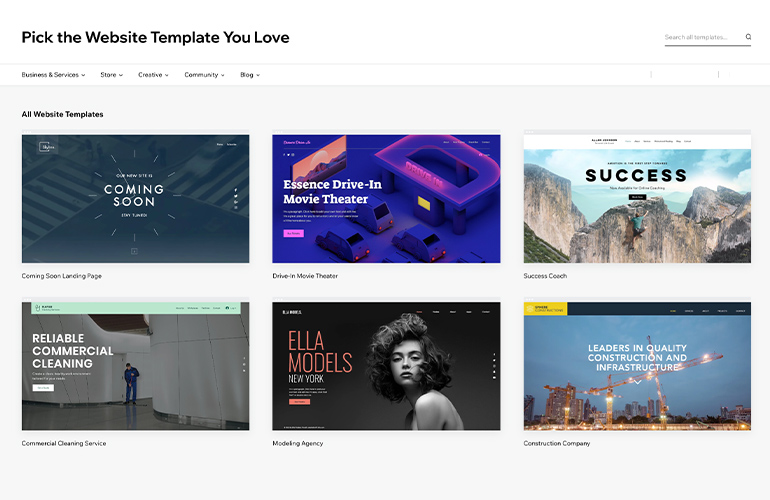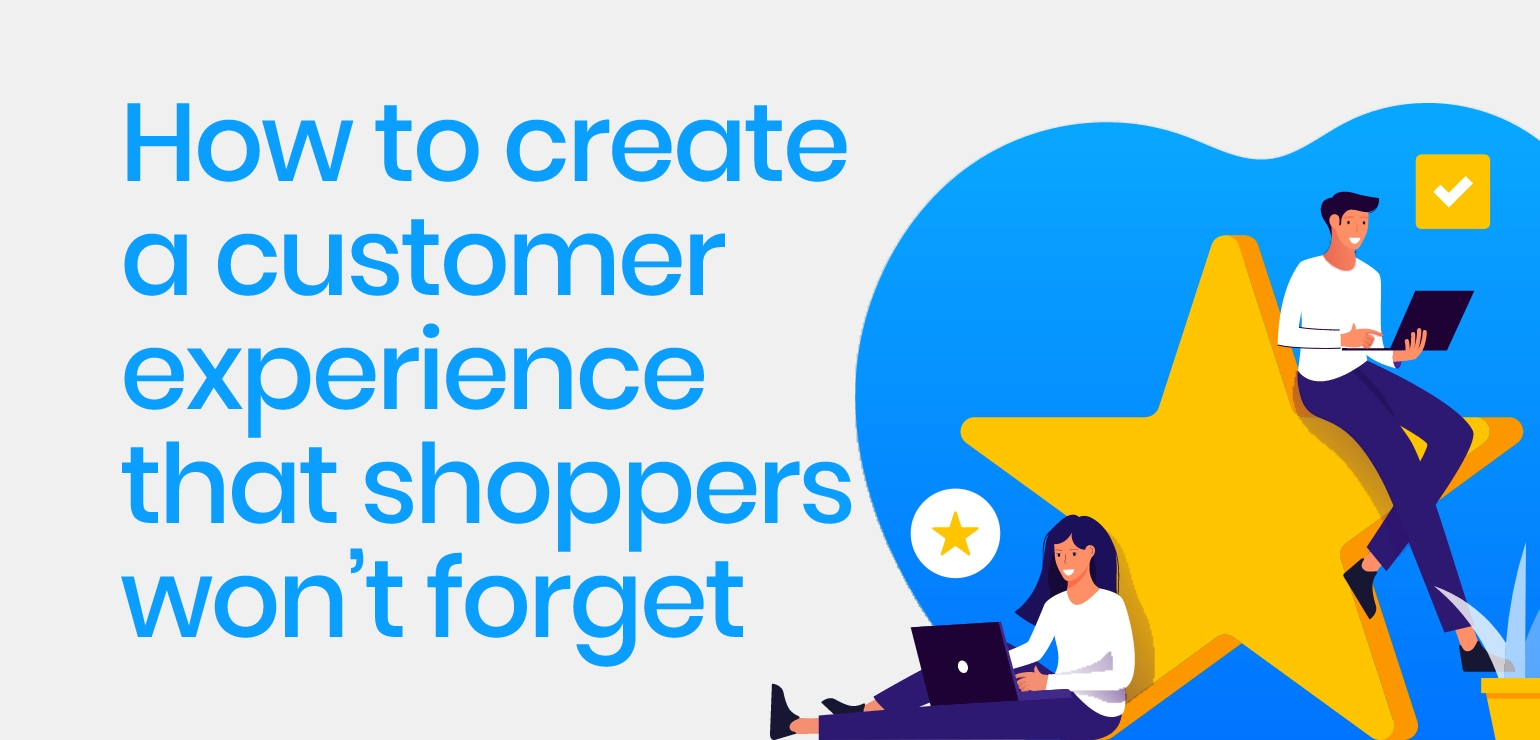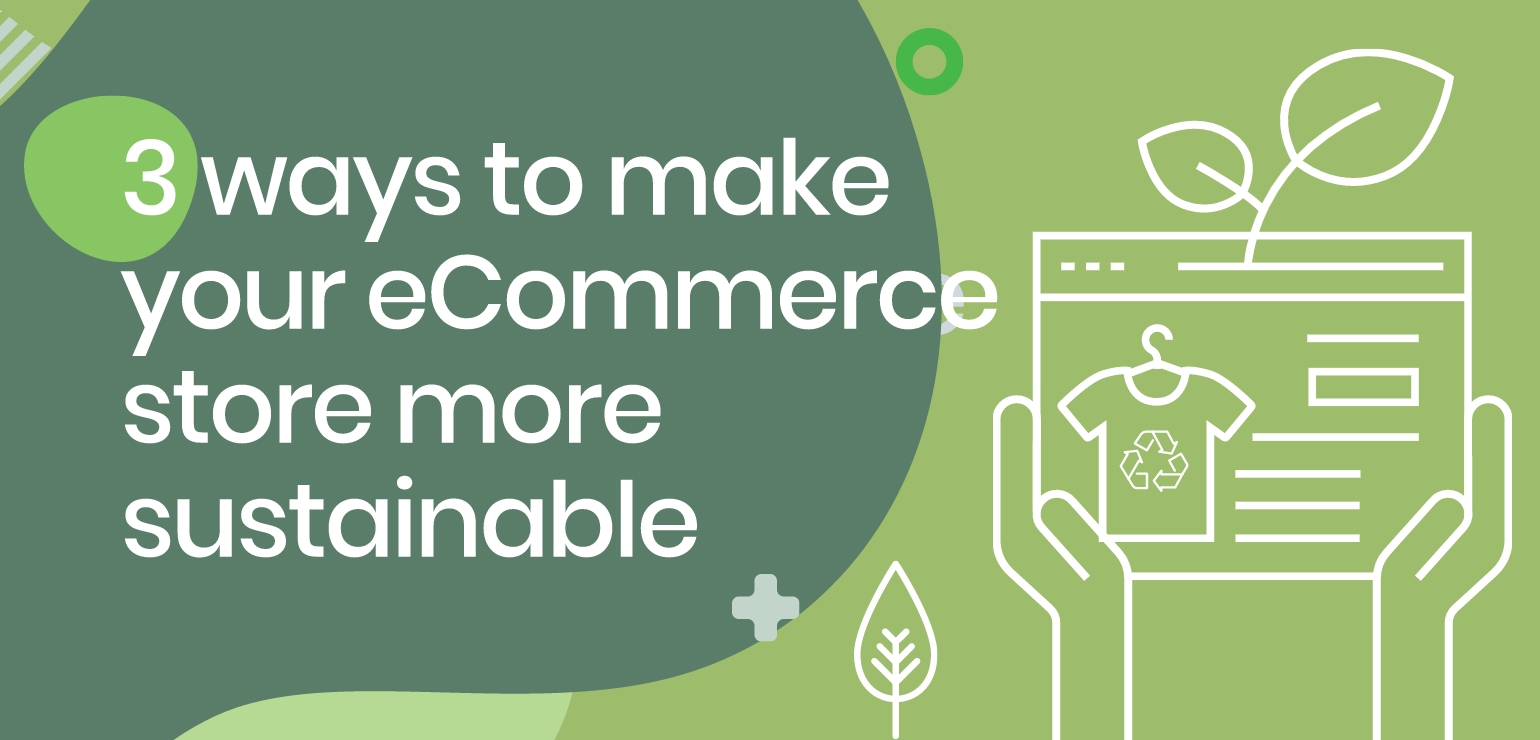What type of web store?

Article topics
- Platform type
- Web store performance
- Optimisation
- mCommerce
- Check list
- Final thought
Do you want to start trading online? Confused about what to look for in a web store? Here’s what you need to know.
Choosing the right web store for your eCommerce business can be daunting. There’s much to consider: which type of platform to use, how customisable will it be, what support level will you need, and what about performance, security and compliance?
Platform type
The first thing to consider is which type of web store platform will be best suited to your business needs. There are two basic types: software as a service (SaaS) or open-source.

SaaS
For independent, smaller and some medium-sized retailers an SaaS, ‘ready-made’ approach is often the ideal solution. With SaaS you pay a monthly fee for your web store which is built using theme templates and plugin modules.
SaaS enables faster development times, trustworthy and robust plugin architecture that can offer optimisation and marketing capabilities, and many of the features that you might expect from more complex and expensive eCommerce platform types.
SaaS web stores, such as Ignite eCommerce and Wix , require relatively little technical expertise to set up and maintain, as all the elements required to build your web store are ‘off the shelf’.
The advantages are that smaller businesses can have a powerful, lower-cost web store up and running quickly, without having to worry about hosting, maintenance and updates. They are relatively straightforward to develop with some customisation capability.
Open source
The main USP with an open-source platform is customisation. If you need functionality that is not available as an SaaS plugin module, a bespoke solution can be written. This can be valuable when it comes to optimising your web store.
Open-source eCommerce solutions are usually third-party hosted, which means that your servers are managed by your development partner and are either on-site with your developer or in the cloud using services such as AWS, which offers greater web store stability and scalability.
An open-source web store costs more to run and maintain than SaaS because of initial development time, regular updates and ongoing maintenance.
Webstore performance
Many web stores don’t perform as well as they could. They can suffer from slow page load, poor conversion rate, fail when demand spikes, or suffer security breaches and compliance issues. Ensuring that your web store is high-performance, is scalable and trustworthy, will give your customers more outstanding user experiences (UX) and help maintain customer retention.
Being able to offer consumers seamless UX is more important today than ever as omnichannel retail becomes prevalent, with consumers expecting unified shopping experiences—on any device, online or in-store.
Because of the additional development cost and lost revenue from poor UX and web store downtime, ensuring that you have and maintain a high-performance web store is vital for business success.
Speed
Page load speed is the time it takes for page content to fully load on screen. Site speed is slightly different in that it’s how fast a web store is performing overall. To maximise engagement and conversion rates it’s vital that your web store is fast on all counts. Not only that, but a slower web store will rank lower in a Google search than a higher-performing one.
The average consumer’s patience with web store speed is decreasing as attention spans shrink. Just a 1 second delay in page load time reduces page views by 11%, decreases customer satisfaction by 16% and reduces conversions by 7%.
Scalability
Performance isn’t just about speed. An equally important aspect of performance is scalability. Having a web store that can scale effectively will give consumers continuity of performance. And having a web store that is able to grow with your business will help maintain outstanding shopping experiences for your customers.
A web store that doesn’t scale well in terms of being able to cope with sudden increases in demand, such as Black Friday, a super-successful marketing campaign, or as seen recently with the Covid crisis and lockdown, will be a disaster for your business. When spikes in demand happen, your web store should have the capacity to process the extra traffic and number of transactions to avoid slowing down or even crashing.
Of course, a web store hobbled by poor scalability will see sales drop, consumers, turning to competitors and even damage to brand equity. Not to mention the additional cost of fixing the scaling problem.
As your business grows your web store should be able to grow to accommodate more customers, more skews, more transactions and a larger logistics operation.
Optimisation
An important consideration when choosing a web store is its optimisation capabilities. The two main areas to focus on are search engine optimisation (SEO) and conversion rate optimisation (CRO).

SEO
In basic terms, SEO is the process of improving your web store’s findability in searches. The better visibility your web store has in search results, the more likely you are to attract consumers. Effectively driving traffic to your web store is vital for maximising your customer acquisition rate.
SEO is implemented by using keywords in your web store content, having original content, a fast and reliable web store, and adhering to Google SEO best practices.
CRO
eCommerce conversion rate is the percentage of consumers who carry out a desired action in your web store. A desired action can be many things, depending how you define them. The obvious conversion is when a consumer makes a purchase—a sale is of course the ultimate goal. But conversion is also about reducing friction at every point in a shopping journey, so can include optimising elements such as call-to-action, page layout, checkout flow etc.
CRO is implemented by A/B testing particular web store elements and using tools such as heat maps and live session recordings to evaluate user browsing behaviour to identify and resolve pain points in the user experience.
mCommerce

Mobile commerce (mCommerce) as a total share of global eCommerce sales is rising fast. That’s why it’s vital for new and small eCommerce businesses to ensure that their web stores offer consumers outstanding shopping experiences on any device.
The rise of omnichannel shopping is centred on mobile use so ensuring that your web store offers unified shopping experiences on all devices is crucial for business success. A web store that’s optimised for mCommerce conversion will help increase consumer engagement and boost sales.
Businesses with a strong omnichannel ethos retain over 89% of their customers than companies with weak omnichannel strategies. With strong omnichannel customer engagement businesses have seen a 9.5% rise in annual revenue, compared to 3.4% for companies with weak omnichannel strategy.
New webstore considerations check list
Mobile commerce (mCommerce) as a total share of global eCommerce sales is rising fast. That’s why it’s vital for new and small eCommerce businesses to ensure that their web stores offer consumers outstanding shopping experiences on any device.
The rise of omnichannel shopping is centred on mobile use so ensuring that your web store offers unified shopping experiences on all devices is crucial for business success. A web store that’s optimised for mCommerce conversion will help increase consumer engagement and boost sales.
Businesses with a strong omnichannel ethos retain over 89% of their customers than companies with weak omnichannel strategy. With strong omnichannel customer engagement businesses have seen a 9.5% rise in annual revenue, compared to 3.4% for companies with weak omnichannel strategy.
How long will my webstore take to develop?
What’s the timeline from green light to launch? If using SaaS this will be much faster than building an open-source web store.
Will my webstore be fast?
Ask developers what you can expect for page load times and general web store speed.
Will my webstore cope with spikes in demand?
Ensure that your web store will not lose performance when demand lifts.
Will the webstore be able to grow with my business?
Find out what you can expect in terms of scaling up—cost and development time.
What level of security and compliance are guaranteed?
You’re looking for Level 1 PCI DSS compliance. A SaaS web store manages security and compliance automatically. Ask an open-source developer about PCI DSS compliance and what security they can guarantee.
To what degree can my webstore be customised?
Be clear with the developer about what your expectations are. Find out what’s possible and what’s not.
What support is available?
Find out what support will you get pre-launch and what level(s) of support is available ongoing and any additional costs?
Will my webstore be integrated?
If you have a brick-and-mortar store you will want your web store and POS to be unified. Consider 3rd party platform integration too (Etsy, Amazon Marketplace etc.), and 3rd party logistics (drop shipping).
SEO and CRO capabilities?
Being optimised for search and conversion is crucial for customer acquisition, lower friction UX and maximising revenue for bottom-line growth. SaaS will have much of this designed into templates with optional optimisation plugins. An open-source developer will be able to offer more bespoke optimisation.
What are my webstore’s marketing capabilities?
Email marketing and personalisation capabilities, such as cart recovery emails and personalised product recommendations will help boost conversions and average basket value. Find out what’s on offer.
What training is available and how much does it cost?
Knowing how to run your web store properly will enable you and your staff to get the best out of it. Some developers offer in-house training and others will be able to recommend 3rd part providers.
How much will my web store cost?
Be clear about the cost to launch, ongoing costs and what additional cost can be expected? Beware of hidden costs.
Be clear about the cost to launch, ongoing costs and what additional cost can be expected? Beware of hidden costs.
Choosing the right web store will help your business flourish by offering customers consistently outstanding shopping experiences and being able to grow and evolve as your business develops.
Now is an ideal time to start selling online, given the impact that the Covid crisis is having on consumer behaviour and online shopping habits. eCommerce has grown significantly in the past six months and shows no signs of slowing down.
Whether you are a new business or a brick-and-mortar business looking to start trading online, get in touch today for a chat with one of our eCommerce experts.


 Back
Back
